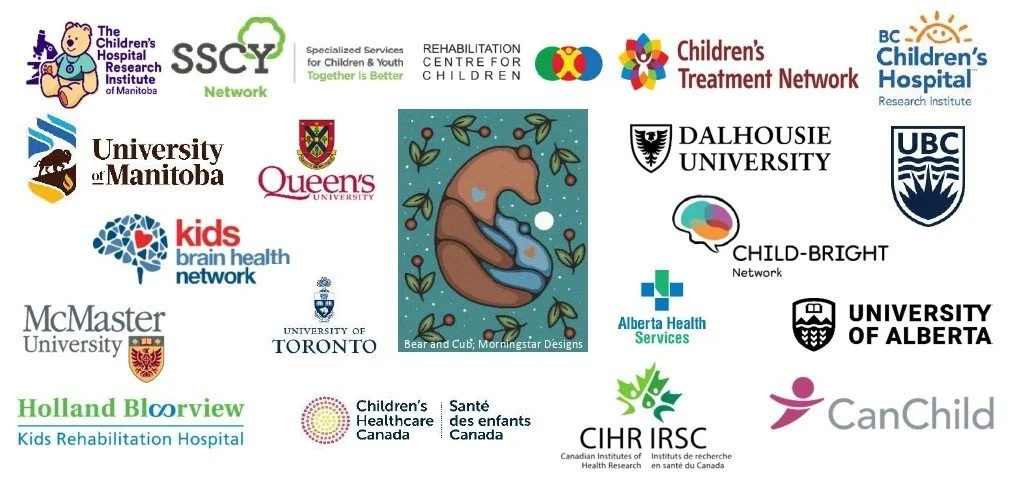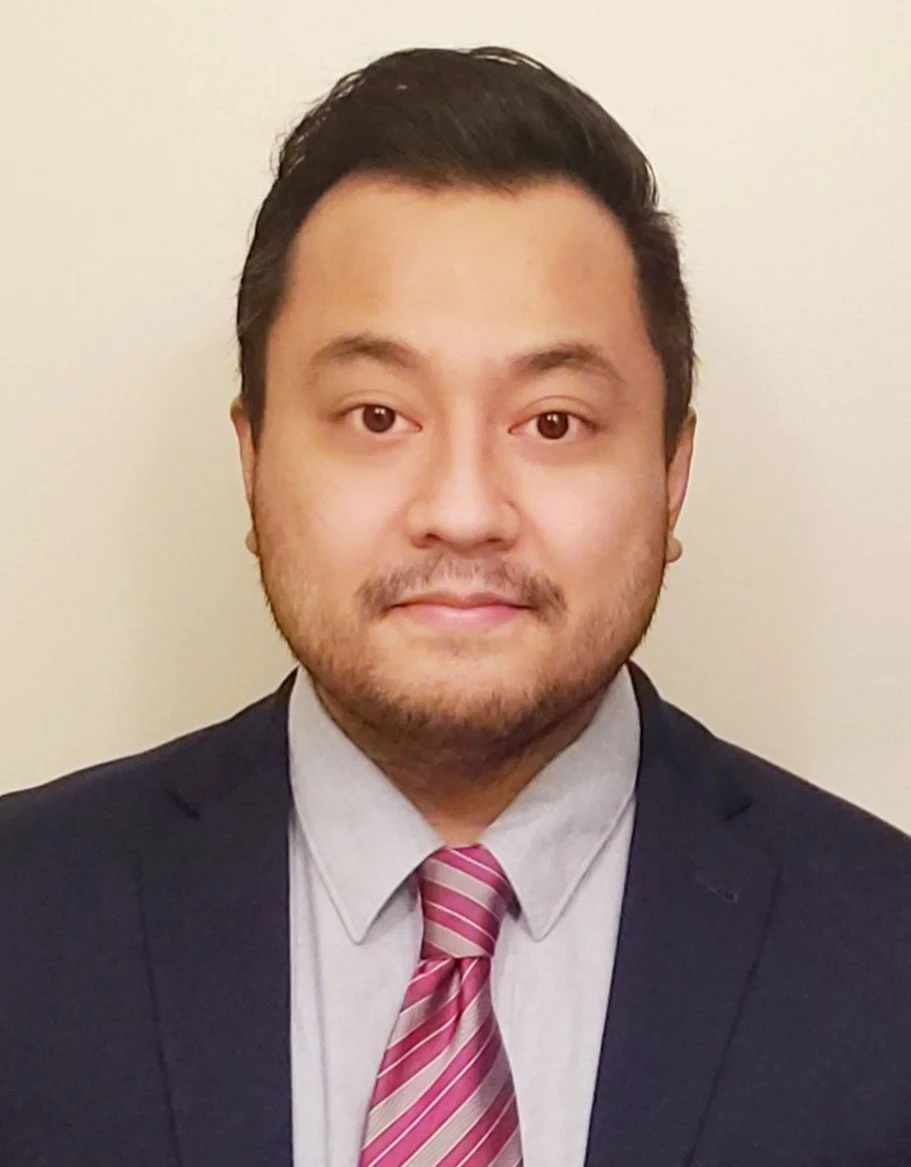Invitation to Connect for Care
What is the title of your project?
Our project title is Using social network analysis to understand knowledge translation in child development and rehabilitation.
Why is this study important?
The goal of this work is to improve families’ access to safe, effective health care.
There can be a large gap (some estimate about 17 years) between discovering something through research and getting that knowledge into practice. Creating and supporting strong connections between people and organizations is one strategy we can use to close this gap. Our team is using a research method called Social Network Analysis to understand how groups of people involved in child development and rehabilitation connect with others to share and use knowledge (e.g., research findings, clinical expertise, traditional knowledge, lived experience). We hope to use the study findings to help build and strengthen connections that help move knowledge into action.
How is a Social Network Analysis done?
The first part of this study will be done through a survey. The survey has two aims:
To learn about the connections and gaps between people involved in sharing and using knowledge in Canada (“knowledge translation”), we will ask participants to name up to 5 people (including researchers, health care providers, families, and knowledge translation support people) with whom they have connected for this purpose. This will allow us to make a map that shows where strong connections and gaps in connections exist across Canada.
Note: names will not be used in any report of the findings. They are needed to create the map of connections between people who complete the survey, and then will be deleted.
To help us understand who took part in this survey from across Canada, we will ask participants about themselves and their own background.
Some of the people who fill out the survey may be asked to take part in a follow-up interview (this is optional). In the final phase, a group will be formed to help recommend strategies to build and strengthen knowledge sharing connections.
Who are the study leads and how are they connected?
There are four study leads:
Co-Lead Dr. Kristy Wittmeier is a physiotherapist and a researcher, living and working on Treaty 1 Territory (Winnipeg, Manitoba).
Co-Lead Dr. Stephanie Glegg is an occupational therapist and an implementation scientist working from the traditional, unceded lands of the Coast Salish Peoples (Vancouver, BC).
Indigenous Wisdom Translator Symbia Barnaby is an Indigenous woman of Haida and Mi’kmaq descent currently living on the traditional unceded territory of the Coast Ts’msyen People, specifically the Nine Allied Tribes of Lax Kw’alaams. Her traditional Haida name is Guu Gaa Jung and her Spirit name is Warrior Woman. She is a single mother of six children (five of which have disabilities). She is trained as a Practical Nurse, a Birth/Postpartum Doula and a Reiki Level 3 Practitioner. She is also a storyteller and a filmmaker.
Parent Engagement Lead/Family Partner Carrie Costello is a parent partner who brings to the project her experiences of navigating the child health and disability world. She also works as the Patient Engagement Coordinator at the Children’s Hospital Research Institute of Manitoba, working to include parents, caregivers, and patients as members of research teams.
Kristy and Stephanie met at a conference and began to develop this project based on their overlapping areas of training and interest. Kristy had worked with Carrie in previous research, and Stephanie and Symbia knew each other from advocacy work. The initial ideas for this project have been, and continue to be, transformed with guidance from Symbia and Carrie based on their lived-experiences and expertise. There is a large and wonderful team of researchers, health care providers, and family partners from across the country that each bring their unique perspectives to this work. Symbia is guiding our team’s decolonization journey, and we engage in ongoing learning about cultural safety and trauma and are striving to use the utmost care to ensure that anyone choosing to take part in the survey has a safe, confidential space to share their perspectives.
How can the ENRRICH community be involved?
We are sending our survey to four groups of people involved in the care for children with exceptionalities or support needs for development, including: healthcare providers, researchers, family members/caregivers, and people who support knowledge translation. Our goal is to obtain 400+ completed surveys. Every ENRRICH member is an important part of the Canadian child development and rehabilitation community. We hope that all ENRRICH members will take the time to complete our survey, and invite others with whom they connect to do the same. ENRRICH is a network itself, and this study can help us understand how it works, and how ENRRICH can do better to connect people to co-create and share knowledge. Reach out to our team at enrrich@chrim.ca if you have any questions! We appreciate your help.
The survey is now closed. Thank you for your interest, we look forward to sharing the results in a forthcoming publication.
Co-investigators and collaborators:
Christine Cassidy, Kathryn M Sibley, Kelly Russell, Shauna Kingsnorth, Lesley Pritchard, Olaf Kraus de Camargo, John Andersen, Samantha Bellefeuille, Andrea Cross, Janet Curran, Kim Hesketh, James Reynolds, Paula Robeson, Sharon Straus, Marilyn Noort, Elder Mary Wilson
Published December 1, 2022
About the Author
Jeremy Layco works closely with the four co-leads of Connecting for Care as the project's Research Coordinator. He is a SOCRA Certified Clinical Research Professional and is currently working on a Masters in Clinical Bioethics through Loyola University Chicago. He is especially interested in pediatric ethics and the issues involving the health and healthcare of children. In his spare time, he remains an active member with the Mods Organization of Disc Sports as an ultimate frisbee player and coach.


